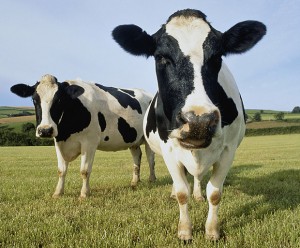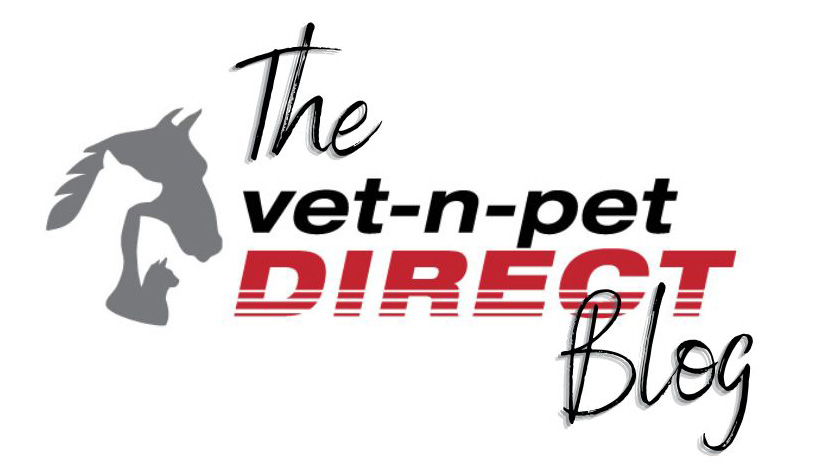
We are constantly hearing reports on the news about global warming and climate change. We know that pollutants from cars, mining and factories contribute to this, but did you know that cow’s actually affect global warming too?
The agricultural industry emits methane gases and nitrous oxide which generates up to 20% of all Greenhouse Gas Emissions in Australia. Cattle and other ruminant animals, like sheep and goats, are responsible for over 70% of the agricultural industry emissions, with animal excreta and nitrogen based fertilisers making up the remaining 30%.
Cattle emit large quantities of methane gases through belching and to a lesser extent through flatulence. Cattle are ruminants, meaning that their digestive system consists of four stomachs and they digest their food in their stomachs rather than an intestine like humans. Ruminants are able to eat their food and then regurgitate the food, as cud which is what you see them chewing on, and they then eat it again. This process and the bacteria that develops in the gut is what causes the methane gases to be produced and they are then expelled through belching or flatulence.
Studies show that one cow can emit 70 to 120 kg of methane gases into the atmosphere per year. Methane is up to 23 times more potent than carbon dioxide on global warming. The methane gas emissions of one cow per year is equivalent to the carbon dioxide released by an average car travelling approximately 12,500km.
There have been a number of studies done to find ways to possibly reduce the amount of methane being released by cattle. Research is indicating that by making changes in the cows diet and adding supplements like urea this may reduce the methane being produced in the gut. The desirable outcome is that the methane gases emitted by cattle can be reduced through pasture management and diet but the productivity of the cattle (ie. milk production, breeding or growth rates) does remain steady or preferable increase.
So the answer is Yes. Cattle definitely do contribute to global warming in todays world, but hopefully with further research the severity can be reduced.
Until next time,
Bec
Information sourced from;
http://www.abs.gov.au/ausstats/abs@.nsf/Products/4655.0.55.002~2013~Main+Features~Chapter+5+Greenhouse+Gas+Emissions?OpenDocument
http://www.depi.vic.gov.au/agriculture-and-food/dairy/emissions-in-dairy/methane-research
http://www.abc.net.au/science/articles/2010/10/05/3029973.htm
http://timeforchange.org/are-cows-cause-of-global-warming-meat-methane-CO2

Thank you very much, Bec for your interesting